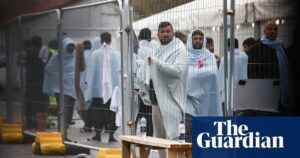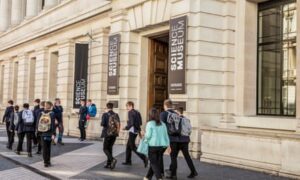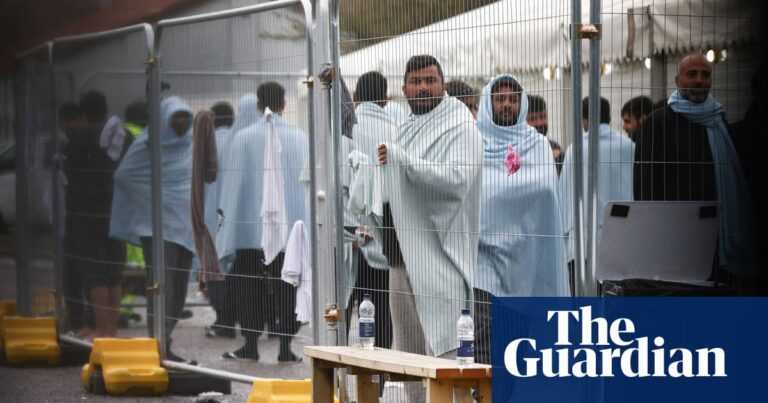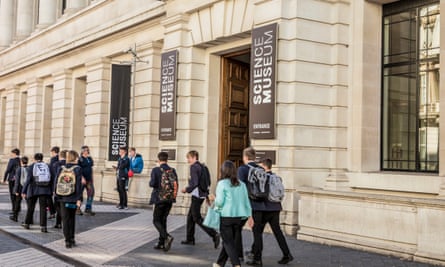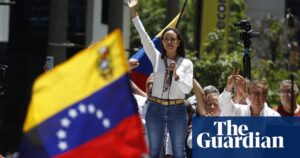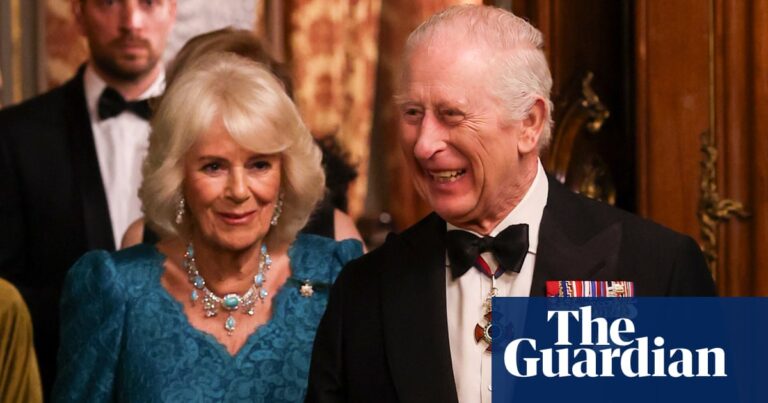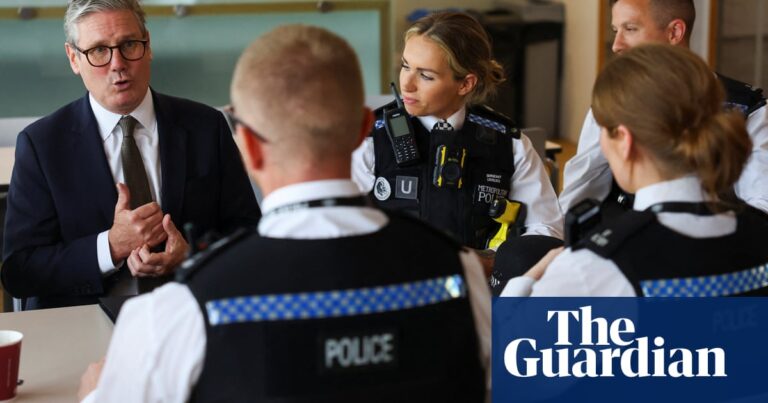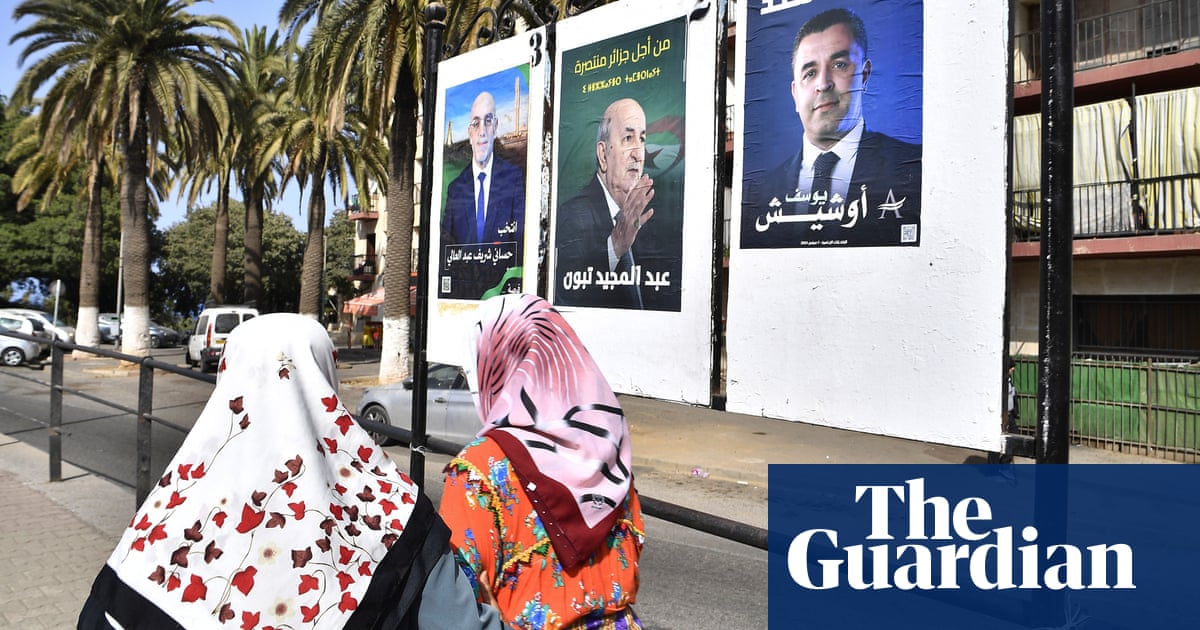
Algeria goes to the polls on Saturday in a presidential election being held in the context of what rights groups have called “a steady erosion of human rights” under the president, Abdelmadjid Tebboune, who is expected to win a second five-year term.
As many as 24 million people are eligible to vote in the north African country in a process moved forward by three months.
The change in the election schedule is expected to favour the president as his opponents, Youssef Aouchiche of the Socialist Forces Front (FFS) and Abdellah Hassan Cherif of the Movement of Society for Peace (MSP), have had less time to campaign. More than two dozen other candidates that signified their intention to run were disqualified or forced to resign.
Tebboune announced in March that the election – traditionally held in December – was being rescheduled to “coincide with the end of the summer vacations and the start of the new school year” in the hope of increasing turnout. The move was greeted with scepticism: in the days that followed, the Arabic phrase Ma fhemna walou (we do not understand anything) trended on social media.
Turnout was below 40% in the 2019 election, when the president took power months after a popular uprising ousted Abdelaziz Bouteflika, who had spent two decades in office.
Human rights groups say the rights violations under Bouteflika have continued under his successor.
“In recent years, Algeria has experienced a steady erosion of human rights through the authorities’ dissolution of political parties, civil society organisations and independent media outlets, alongside a spike in arbitrary arrests and prosecutions using trumped-up terrorism charges,” said Amjad Yamin, Amnesty International’s deputy regional director for the Middle East and north Africa. “Alarmingly, this reality has remained bleak in the run-up to the elections.”
Eleven major opposition figures wrote in an open letter in July that “Algeria is in a more critical situation than before” and that the president had fostered an “authoritarian climate”.
In August, 60 political activists were arrested, mostly from the Rally for Culture and Democracy (RCD) party. Last week, Fethi Ghares, a stalwart of the 2019 uprising and leader of the Democratic Social Movement party, banned last year, was detained along with his wife for “insulting the president”.
Some experts say the president’s legacy so far has offered little hope of better fortunes for the largest country in Africa if he wins a second term.
Owing to a windfall from energy deals signed as Europe sought substitutes for Russian gas, social spending has increased and fuel subsidy cuts have been deferred, said Andrew Farrand, the director for Middle East and north Africa (Mena) at the geopolitical risk consultancy Horizon Engage.
“But he [Tebboune] struggled to rein in inflation and failed to meet his own export growth targets … [and] failed to leverage Algeria’s newfound popularity to advance key foreign policy priorities,” said Farrand, who is also a nonresident senior fellow at the Atlantic Council thinktank.
Nevertheless, Tebboune is poised to win a second term in a country that has never had a peaceful transition of power. The predictability of the outcome is also in part because the president has deepened political patronage and established a strong rapport with the military.
“Every national institution of consequence has been co-opted and pressed into service as an arm of [his] campaign,” Farrand added.
Source: theguardian.com
